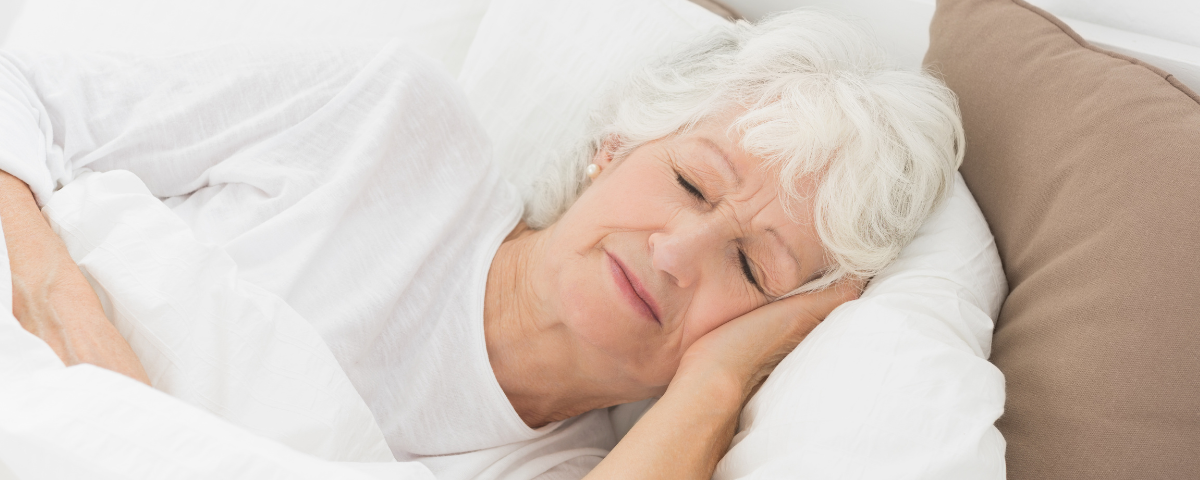Get to know the best vitamins for sleep and how they can help you improve your bed-time and anxiety issues.
Vitamins, well-known for their health-boosting properties, also play a crucial role in enhancing sleep patterns. This article will provide an overview of the best vitamins for sleep. It will also explain what vitamins are and their importance to our well-being.
What are Vitamins?
All of our body’s metabolic functions rely on organic substances called vitamins. These essential nutrients are vital in bodily operations like digestion, immunity, and energy production.
Not only that, there are specific vitamins that can enhance the quality of our sleep patterns. Why is this so important? When we sleep, our body and mind rest, processing repair and rejuvenating us for the next day.
Thus, having good quality sleep isn’t just about feeling refreshed in the morning; it’s about maintaining our overall health and productivity. This is where vitamins, specifically the best sleep vitamins, step in.
They support sleep regulation and manage stress and anxiety, which can affect sleep quality, as seen in the following sections.
Can Vitamins Improve Sleep?
Indeed, specific vitamins can have a profound impact on sleep. They aid in producing sleep-related hormones, reducing stress and anxiety, and encouraging overall body relaxation.
However, it’s significant to note that the sleep-enhancing effects are not universal to all vitamins.
The Best Vitamins for Sleep
Various vitamins have shown the potential to promote better sleep and address sleep issues. Here’s a look at a few:
Vitamin D for Sleep
Vitamin D, the “sunshine vitamin,” has many essential bodily functions. First, your body produces vitamin D when the skin is exposed to sunlight.
One of them is maintaining healthy sleep. Conversely, deficiency in Vitamin D has been linked with sleep disorders such as insomnia and inadequate sleep duration.
This vitamin can be found in fatty fish, cheese, dairy products, and cereals fortified with it.
Vitamin B12 and Vitamin B6 for Sleep
Vitamin B12, also known as cobalamin, is vital for good health. It influences your energy levels, brain function, and cell metabolism.
The production of red blood cells requires Vitamin B12 as an essential component for carrying oxygen throughout your body. In addition, it has been linked to sleep quality in numerous studies.
It’s also essential to produce melatonin, the sleep hormone. Melatonin regulates your internal clock and signals your body when it’s time to sleep. Vitamin B, Magnesium, and Melatonin supplementation were found to be beneficial for treating insomnia.
Fish, meat, eggs, and milk are natural sources of Vitamin B12.
Vitamin B6 for Sleep
Vitamin B6, known as Pyridoxine, is also linked to sleep quality in studies.
Getting enough of this nutrient is essential for proper brain function and development. It also produces hormones like serotonin, norepinephrine, melatonin, and vitamin B12, which help regulate the body’s internal clock.
The best sources of vitamin B6 are fish, beef liver, starchy vegetables, and non-citrus fruits.
Which Vitamins Help Alleviate Anxiety?
Anxiety can be a severe impediment to good sleep. Some vitamins have effectively reduced stress and anxiety, improving sleep. Among the:
- Vitamin C,
- Vitamin B6,
- Vitamin B9
- Vitamin B12
Vitamins to Take at Night
What vitamins to take at night largely depends on your specific sleep challenges. Vitamins C, D, B12, and E are the best to consider for improving sleep. They have demonstrated significant potential.
Melatonin, though not a vitamin, is a hormone that can help regulate sleep-wake cycles. It’s often called the “sleep hormone” as it signals the body to prepare for sleep.
It’s important to note that while taking vitamins for sleep, maintaining a balanced diet is still crucial. After all, vitamins are supplemental and work best with good overall nutrition.
Is there a “vitamin for sleeping”?
There is no single “sleeping vitamin”. However, a combination of vitamins and melatonin can be used to promote better sleep. This combination of vitamins and melatonin can be referred to as a sleep-boosting cocktail. It can help improve sleep quality and duration.
Please note that while these vitamins have been linked with sleep improvement, the effects can vary from person to person. A healthcare professional is the best guide to find out if you have any vitamin deficiency and what to do.
Be careful when taking too many vitamins
Vitamins benefit our health and well-being. However, it is important to be aware of the possible risks of overconsumption. This is known as hypervitaminosis or vitamin toxicity.
This condition can occur when we take more of a vitamin than our bodies can safely process.
Hypervitaminosis can build up to toxic levels over time if consumed excessively.
Symptoms can vary depending on which vitamin is in excess. Examples of these symptoms are nausea, diarrhea, skin irritation, hair loss, and nerve damage. In rare cases, organ damage may occur.
It is also indispensable to highlight that sleep disturbance has been associated with multivitamin use. So, be responsible when taking vitamin supplementation.
Introducing Sleepie
As we’ve established, vitamins can substantially affect sleep quality. But it’s important to note that the optimal balance of these nutrients primarily comes from our diet.
Disclaimer: The information provided in this article is for informational purposes only and is not intended to serve as a substitute for professional medical advice, diagnosis, or treatment.



